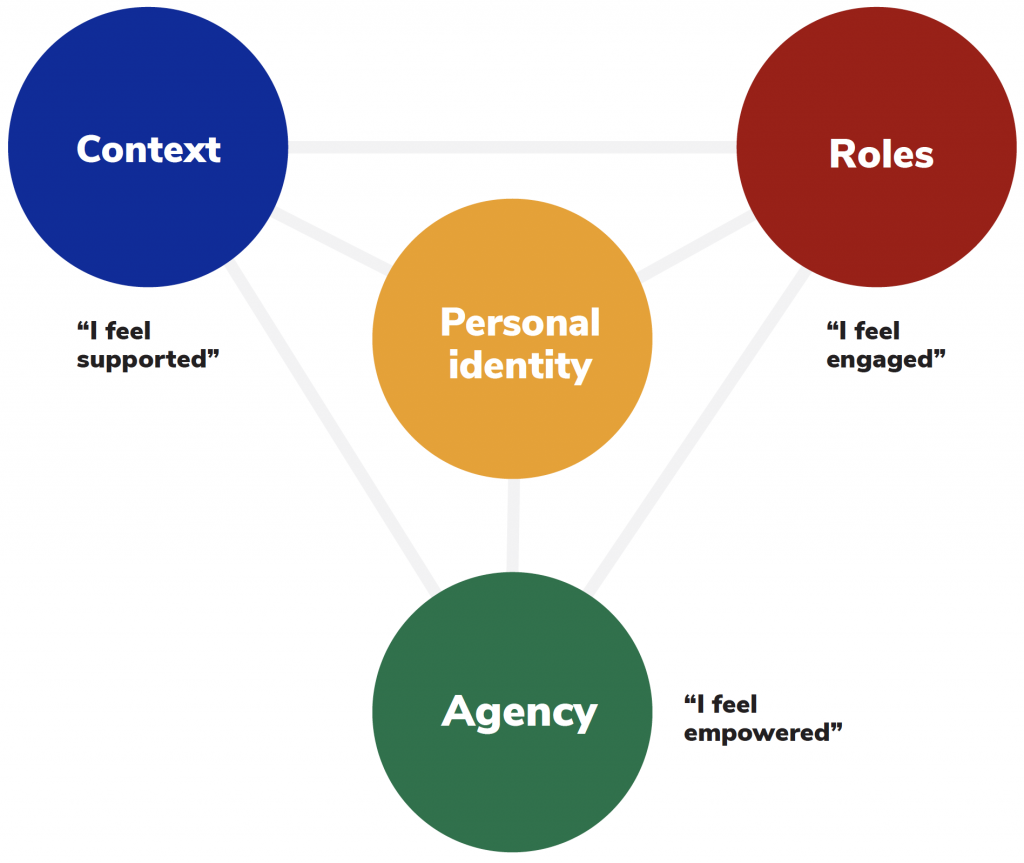The notion of personal agency and the corresponding idea that one can confidently intervene, actively and positively change his or her professional and interpersonal experiences, evokes the sensitive topic of “emotional regulation” (Little & Lopez, 1996; Walls & Little, 2005).
Personal agency can only be truly effective when one manages and resolves conflicts and frustrations and exercises control over one’s own emotional experiences.
Intercultural education is a professional setting which may, for many reasons, require these emotional capacities. Students or athletes from different cultural or geographic backgrounds might represent a challenge that require strong emotional and personal self-regulation from the physical education teacher or coach.
Situational awareness, listening skills, tolerance and empathy may all be needed to manage emotionally the challenges of intercultural educational settings (Sutton & Wheatley, 2003). In these ideal conditions of emotional self-regulation, the intercultural educator can confidently play an active role in shaping and creating educational circumstances in which students are personally engaged and pursue professional goals with a renewed sense of empowerment.
